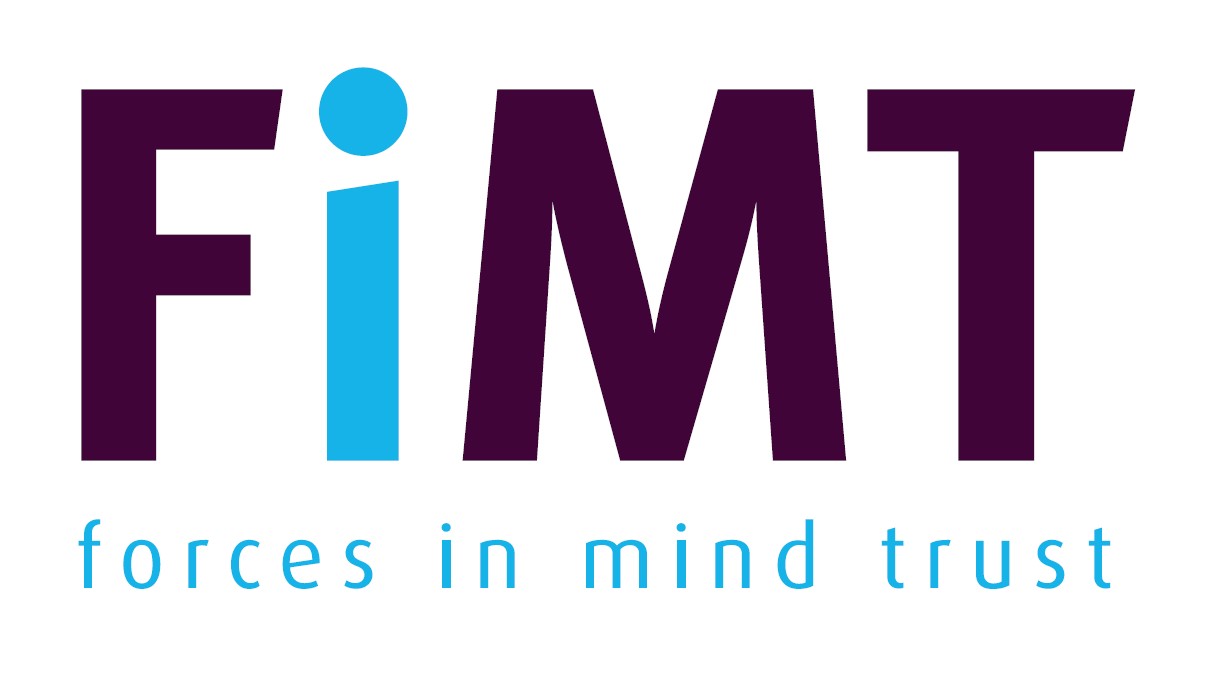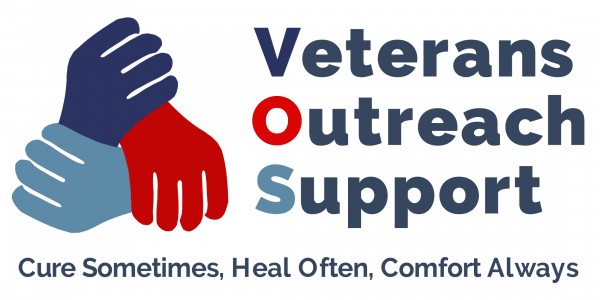Forces in Mind Trust (FiMT) has awarded £146,000 to Anglia Ruskin University (ARU) to undertake research to understand the lived experience of Non-UK Service personnel, ex-Service personnel and their families. The research will provide an evidence base required to make changes to better support this group and their transition to civilian life.
The proposal was developed with the backing of The Confederation of Service Charities (Cobseo) Non-UK Cluster Group, co-chaired by the Army Families Federation and the Royal British Legion. As of April 2020, the Ministry of Defence (MOD) recorded 6650 Personnel with a Non-UK nationality. The research will put Non-UK communities at the centre of the research and will engage extensively with them to capture their experiences and views through focus groups and interviews.
The project, which will take place over 18 months, will be led by Senior Research Fellow at ARU’s Veterans and Families Institute, Dr Nick Caddick. The funding will enable ARU to build on previous FiMT-funded research, ‘Meeting the needs of Commonwealth Personnel and families: A map of service provision’.
Ray Lock CBE, Chief Executive of Forces in Mind Trust, said:
“Previous FiMT-funded research has identified some of the issues non-UK Service and ex-Service personnel and their families face, but we do not know enough about how these issues affect the communities in question. The Cobseo Non-UK Cluster has identified the pressing need to better support these individuals and their families. This research will provide the Cobseo Cluster and the MOD with crucial evidence so that we can make sure their needs can be met. We are delighted to be able to support the research team at ARU to undertake this important research.”
Dr Nick Caddick said
“We are thrilled with this research grant and the opportunity it provides to work with the Non-UK Armed Forces community to better understand their needs and the impact of various issues they face. We will be reaching out to Non-UK Service personnel, veterans, and family members to tell us their stories of life in the UK Armed Forces, and of the immigration system and transition to civilian life. Our hope is that this research will contribute toward equality and inclusion for Non-UK Personnel who choose to serve in the UK Armed Forces and their families.”

















